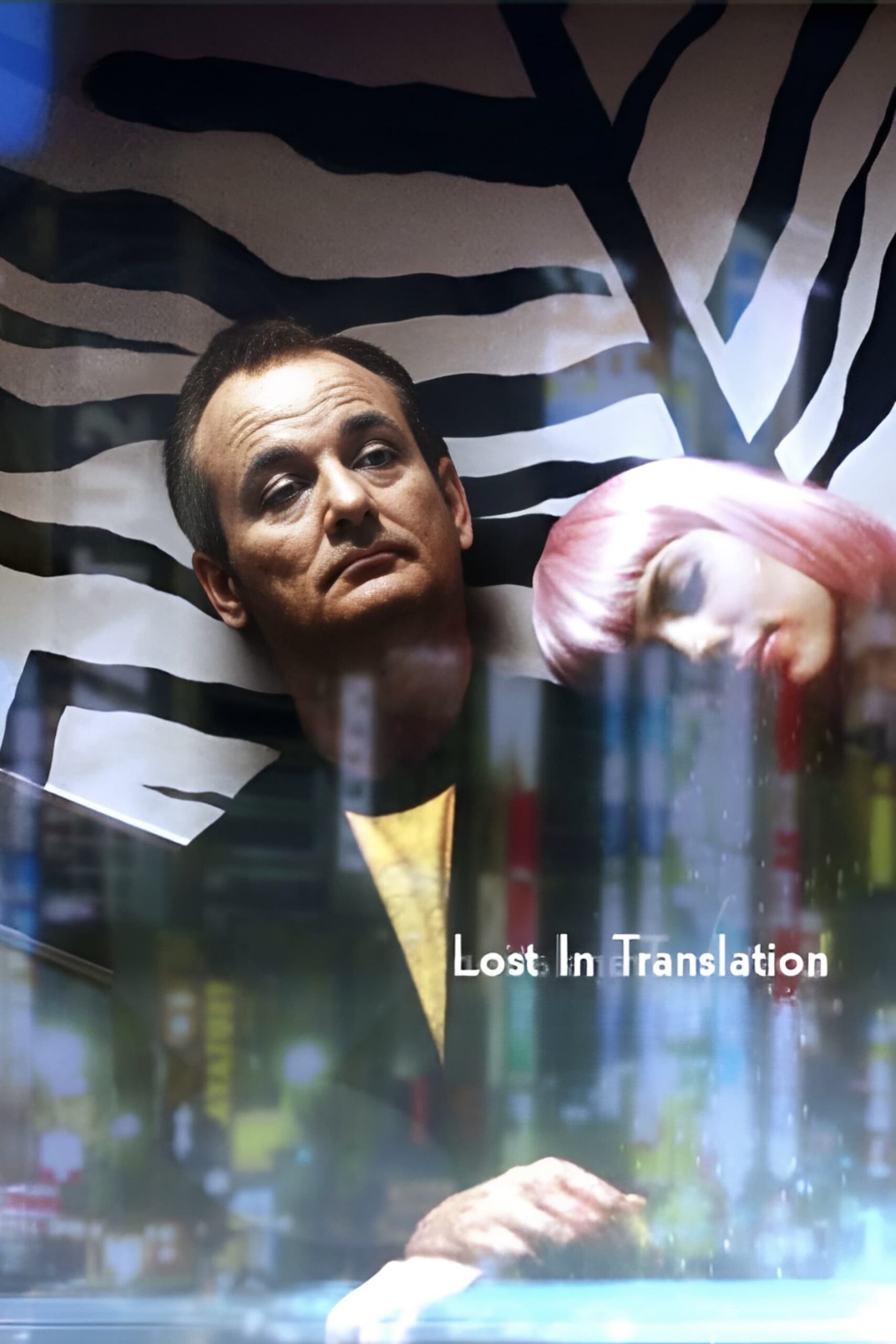
Lost in Translation
Written and Directed by Sofia Coppola
Delving into the Silence: A Tokyo Rehearsal of Loneliness
Rating: ★★★★★
I suspect I’ll never fully understand Lost in Translation, and perhaps that’s what makes it so magnetic. Its most captivating qualities remain elusive, like a dream you can’t quite articulate but feel deeply in your bones. At the center of it all is Bill Murray, delivering one of the most exquisitely restrained performances I’ve ever witnessed. Without him, the film might feel unbearably fragile, like a thread too fine to hold. And yet, he carries it effortlessly. Not for a second, not for a frame, does his focus falter. His performance is seamless, not in the sense that we don’t see him acting, but in that we can’t imagine him ever not acting. He doesn’t just inhabit the character—he seems to exist entirely within the delicate, shimmering world Sofia Coppola has created for him.
Writing about this film feels almost as challenging as grasping the emotions it evokes. It’s not a story that begs to be dissected; it’s one that asks to be felt. Coppola’s intention, I believe, is to capture two souls suspended in a moment of shared stillness. Bob and Charlotte, lost in the vast, buzzing solitude of Tokyo, come to realize that their lives have stalled. It doesn’t matter that they are decades apart in age or vastly different in experience—pain doesn’t discriminate. In a way, their search is universal. Perhaps, like many of us, they’re searching for what marriage so often promises: a witness. Someone to see us, to affirm our existence. Sofia captures this yearning with such aching subtlety that it lingers long after the credits roll.
We’re conditioned to expect closure from films like this. We want our beloved characters to fall in love, to kiss, to cement their connection in some tangible way. But Sofia Coppola resists this temptation, and in doing so, she invites us to linger in the unspoken spaces between them. She holds them apart long enough for us to truly see them as individuals, to understand that the connection they find in one another doesn’t need to be romantic to be profound. This isn’t a story about grand gestures or tidy resolutions. It’s about the quiet, fleeting moments that contain something real—something genuine—before life inevitably moves on. The director doesn’t hand us answers, nor does she tie the film into a neat bow. Instead, she gives us something much more delicate: a moment to hold, as fragile and ephemeral as a whisper exchanged in the night.
Image courtesy of Tohokushinsha Film
Comments are closed.